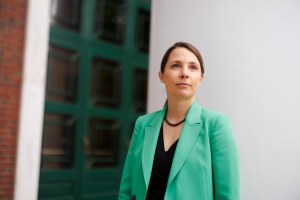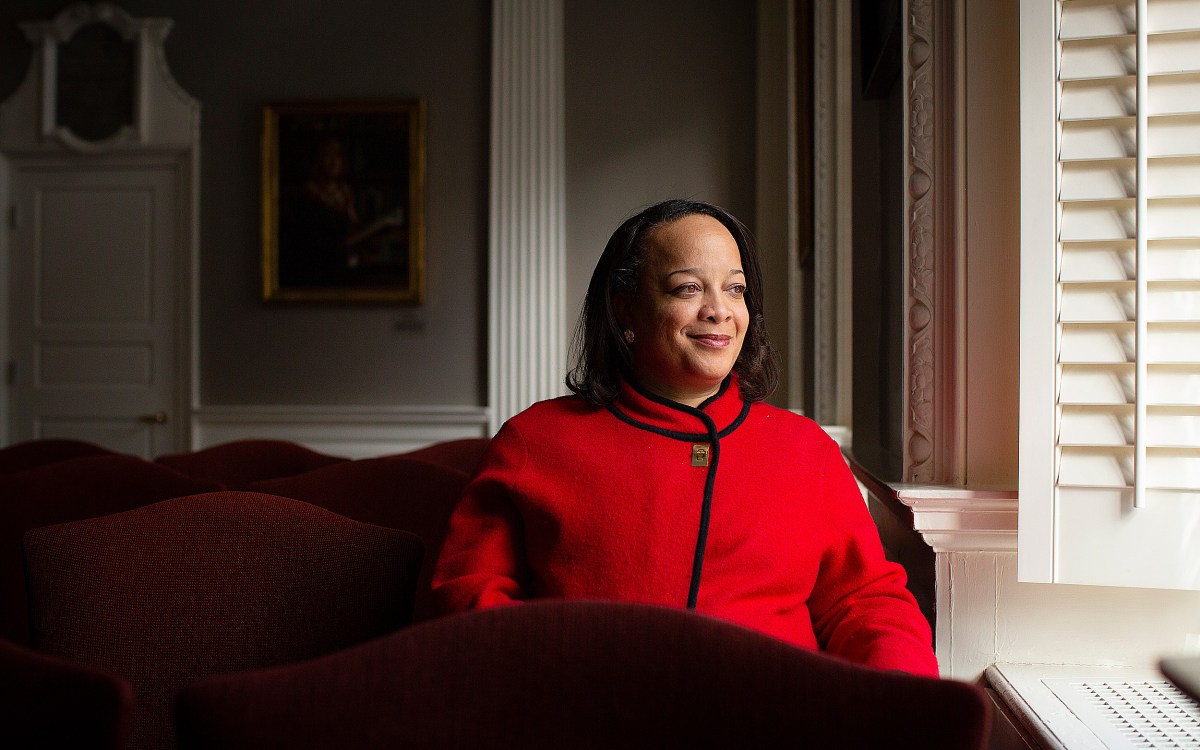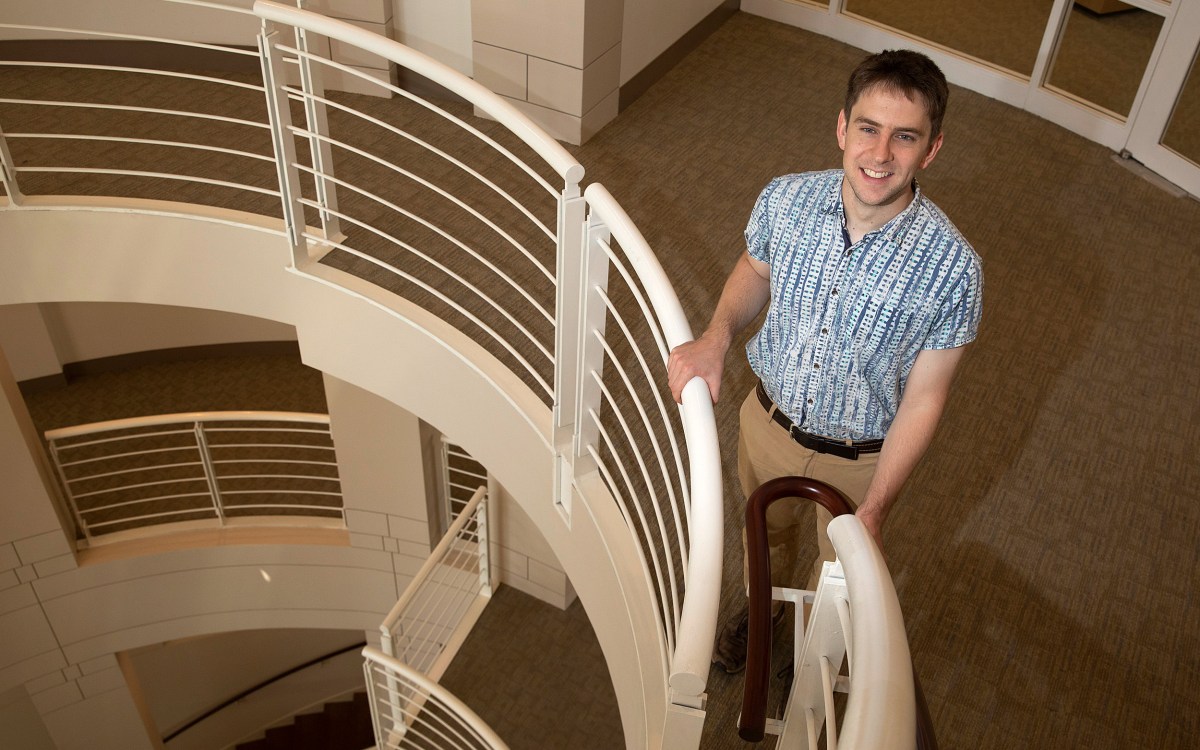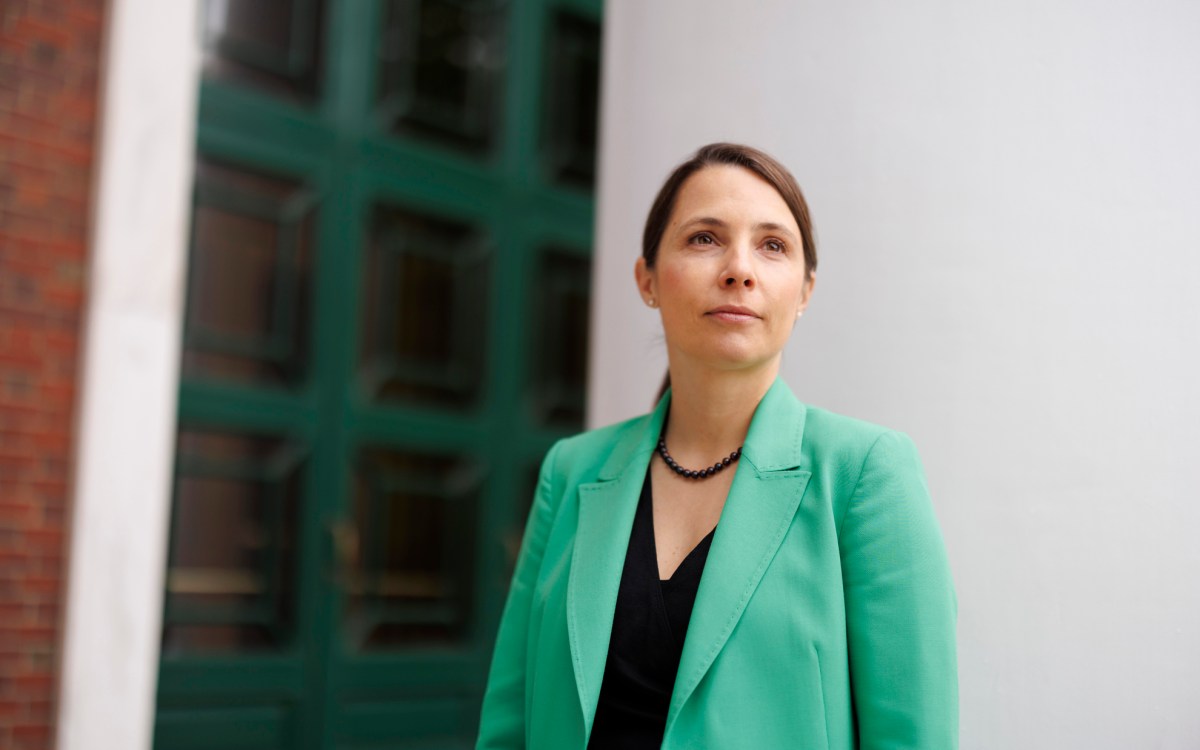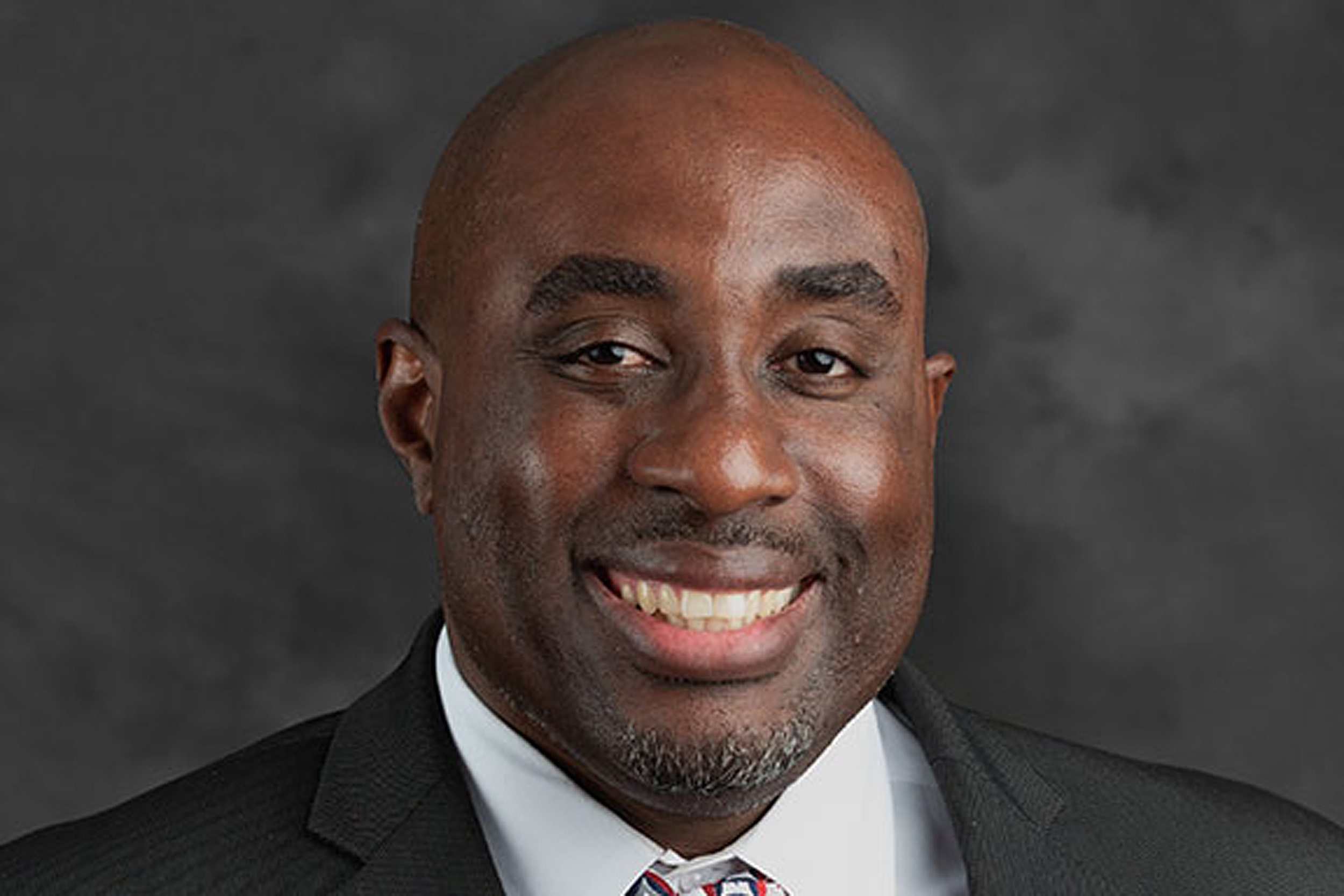
A book by Clayton State University professor and new Extension School graduate student Leon Prieto looks at how African American culture bred business success, and the lessons that offers today.
Courtesy of Clayton State University
How African American culture bred business success
Book by new Extension School grad student looks at history and its lessons for today
From the time he was young in Trinidad and Tobago, Leon Prieto understood how much community and cooperation were valued in his homeland. But it wasn’t until later that the Harvard Extension School (HES) master of liberal arts candidate appreciated the rich history behind these traditions and how they shaped the way black business leaders achieved success.
Now, having dedicated his career to researching how African and African American culture have influenced business and management, the Clayton State University professor is fresh off the release of his first book and ready to take on a new challenge at HES.
“My passion has always been history. When I came to this country, I was told to do something practical. But I never forgot my love of history, mainly black history and African history,” said Prieto, who currently lives in suburban Atlanta.
Prieto, who has an M.B.A. from Georgia Southern University and a Ph.D. in human resources and leadership development from Louisiana State University, was recently admitted to HES’ graduate program in history. He also plans to complete a graduate certificate in social justice this year.
The opportunity to study social justice while earning his master’s degree was particularly intriguing to Prieto. In courses that examined racism in a historical context, he discovered the parallels between philosophies that promote justice and those that economically advance black communities.
“A lot of the work of these black business pioneers wasn’t just about making money, but also empowering the community — advocating social justice to end lynching and improve unemployment in the black community during those days of Jim Crow,” said Prieto.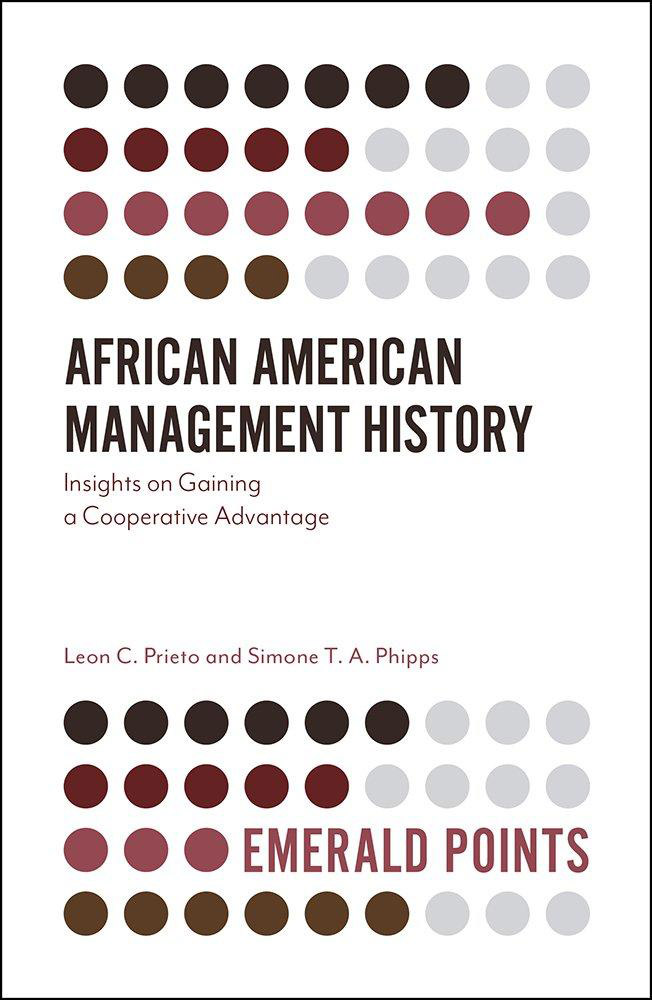
His recently published book, “African American Management History: Insights on Gaining a Cooperative Advantage,” written with Simone Phipps of Middle Georgia State University, explores the ideas of prominent black business pioneers, including John Merrick, Alonzo Herndon, Charles Clinton Spaulding, and Maggie Lena Walker.
Prieto and Phipps found that the success of the business leaders they studied hinged on community cooperation, and often the pooling of resources. For instance, enslaved Africans formed mutual aid and burial societies, and later business owners established the National Negro Business League and the Colored Merchants’ Association.
“The goal was to promote black economic cooperation via co-ops or sole proprietorships, to create jobs and uplift the black community and tackle some of the social issues facing them,” Prieto said.
These ideas remain relevant today and offer lessons for all business leaders. In the book Prieto describes Ubuntu, a South African philosophy adapted into an education paradigm by Abdul Karim Bangura, which refers to the common bond we have as humans.
Prieto has developed a business framework based on Ubuntu, with three main tenets: spirituality (distinct from religion), consensus-building, and dialogue.
“Some employees distrust their leaders, so learning about consensus-building and dialogue from an African American perspective can help these leaders become more effective.” said Prieto “You need to be seen as authentic for employees to buy into what you’re doing.”
For Prieto, cultivating strength and an individual sense of purpose within the African American community is more than a business strategy.
Growing up in Point Fortin, the cultural capital of Trinidad and Tobago, he was surrounded by activities and traditions with historical significance, a centerpiece to life on the island. But Prieto wanted to create his own path in life.
At 22, he moved to South Carolina to attend Claflin University, a historically black college. There, he immersed himself in the African American experience and found his voice and a sense of purpose.
“It wasn’t always my goal to be a researcher or educator because I wasn’t sure that I had what it took to be successful in that arena,” said Prieto. “However, when I started college I decided to challenge myself and step out of my comfort zone. I became vice president [of the student government association], and I held leadership positions in various other organizations. I quickly fell in love with university life.”
From there, Prieto embraced academia. And while he has spent a career standing at the front of the class, he says he’ll be just as happy in a seat at Harvard Extension School.
“I’m so motivated to learn and grow as a historian and utilize some of my learnings to further the field,” said Prieto.

